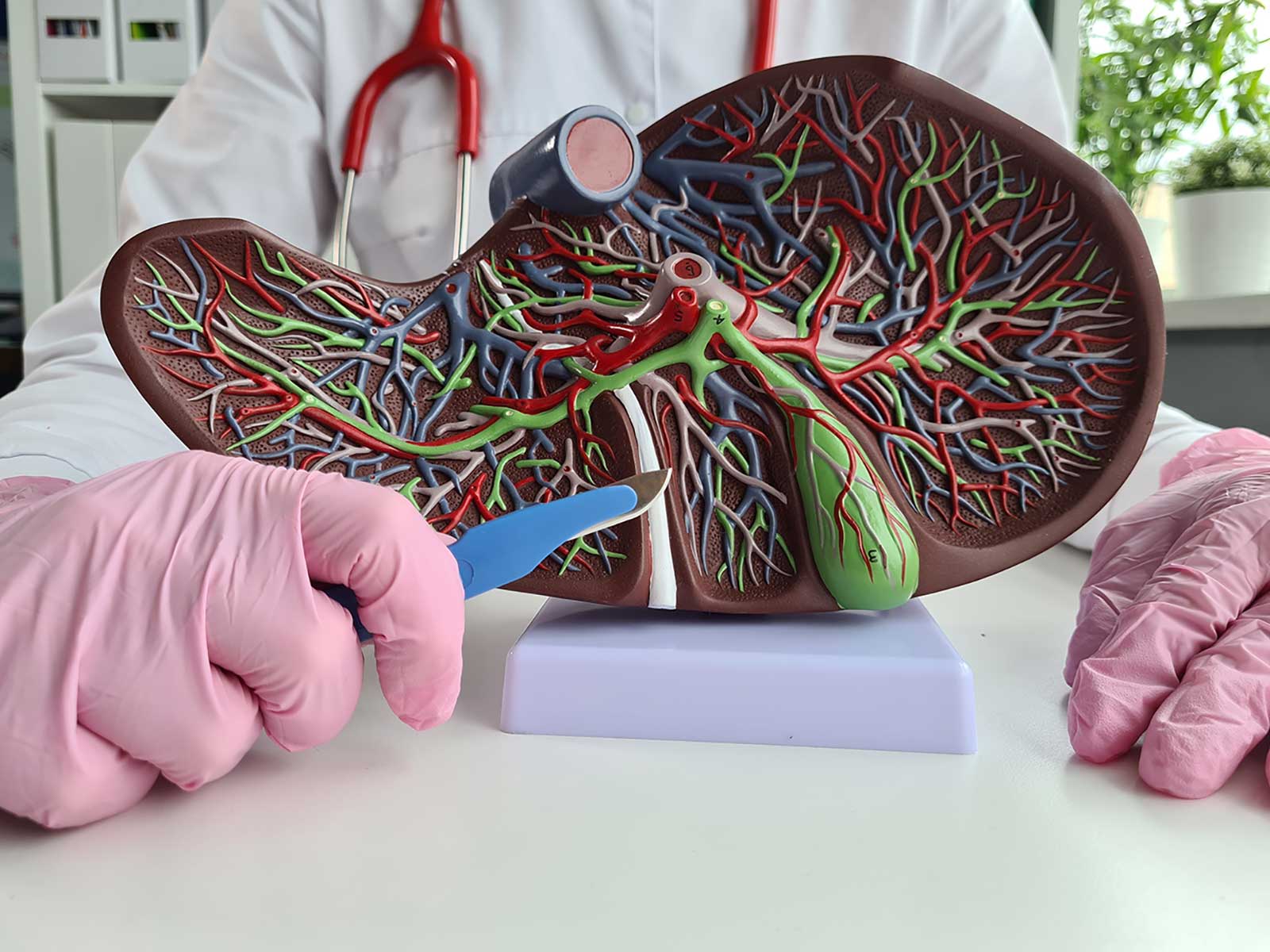
Portal hypertension occurs when blood pressure increases within the portal vein system, which carries blood from your digestive organs to the liver. This rise in pressure causes nearby veins—such as those in the stomach, esophagus, spleen, or intestines-to enlarge and, if left untreated, may lead to serious complications.
You might not notice symptoms early on. As the pressure builds, you may experience:
Portal hypertension can result from several conditions that block or slow blood flow through the liver:
Portal hypertension doesn’t have to define your life. At GastroDoxs in Houston, our dedicated team provides personalized treatment plans, advanced medical techniques, and compassionate care at every stage. Call us at 832-632-4070 or book online to begin your journey toward better liver health and long-term wellness.
We've successfully treated more than 1.5K patients, helping individuals improve their digestive health and overall well-being through expert, personalized care.
With over 20 years of experience, GastroDoxs has been a trusted provider of gastroenterology care, focusing on delivering the best outcomes for patients
Portal hypertension is classified under the ICD-10 code K76.6, which includes both cirrhotic and non-cirrhotic types.
Diagnosis typically involves imaging tests such as ultrasound or CT scans, endoscopy to examine varices, and in some cases, direct pressure measurements within the portal vein.
Early signs may include fatigue, fluid buildup in the abdomen (ascites), or an enlarged spleen (splenomegaly).
Although advanced cirrhosis is irreversible, early liver scarring may improve with proper lifestyle changes, medications, and close medical monitoring.
A diet low in sodium but rich in high-quality protein and calories is typically recommended. Your gastroenterologist or dietitian will create a personalized meal plan for you.
The Transjugular Intrahepatic Portosystemic Shunt (TIPS) procedure creates a small passage (shunt) within the liver to redirect blood flow and reduce pressure in the portal vein.
No. Gastropathy refers to changes in the stomach lining caused by high portal pressure, while varices are swollen, delicate veins in the esophagus or stomach that may rupture and bleed.
Yes. Management requires a skilled gastroenterologist experienced in advanced treatments, regular monitoring, and the prevention of complications.
Right-sided heart failure can raise blood pressure in the liver’s blood vessels, increasing portal vein pressure and worsening the condition.
The frequency of follow-up visits depends on disease severity and complications, but most patients are seen every 3–6 months or more often if new symptoms develop.